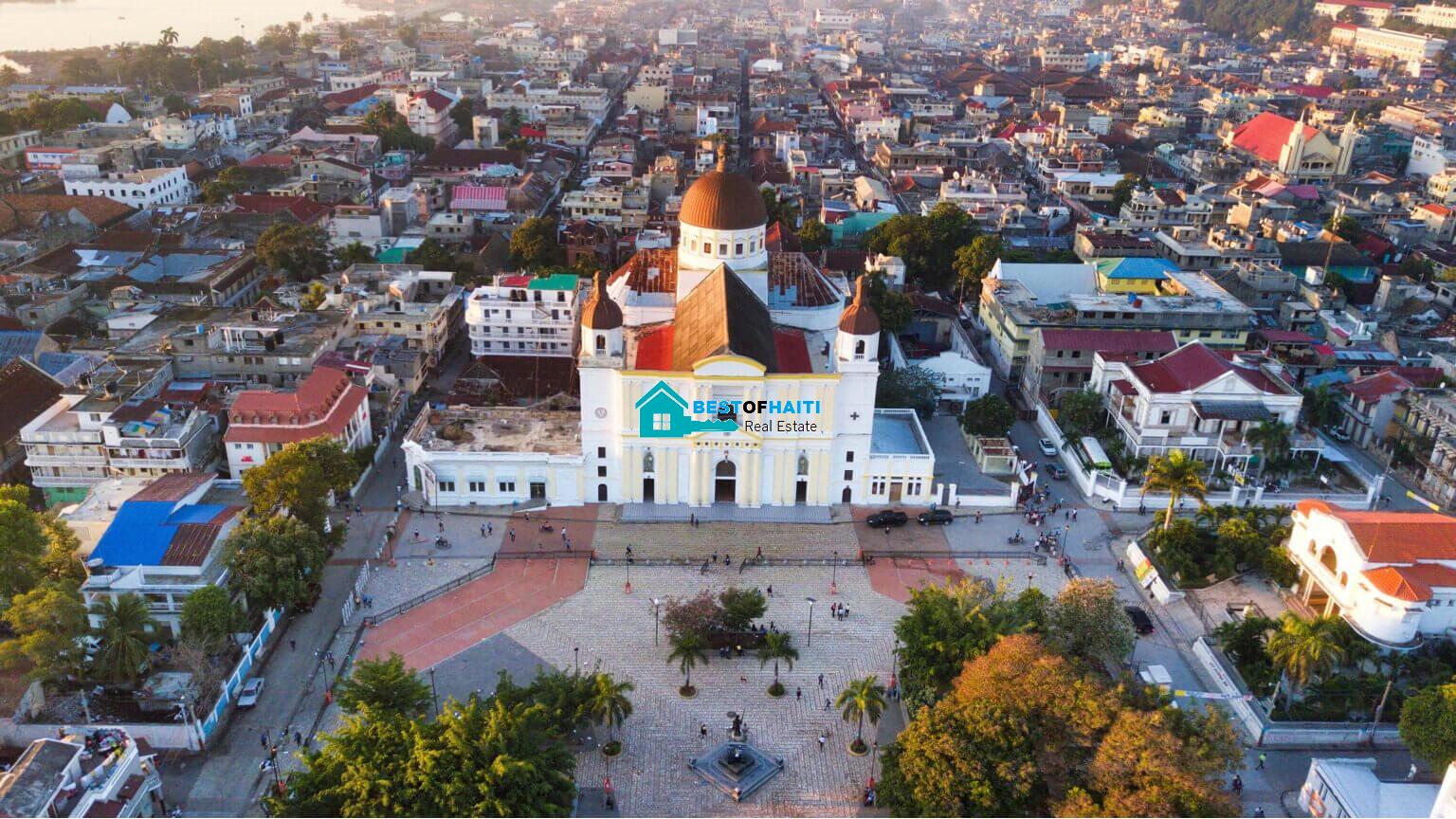Property rights in Haiti are complex and often problematic due to weak legal infrastructure, unclear land tenure systems, and widespread informal ownership. Here’s a breakdown of the current situation. No time to read this article? We published a video about Haiti’s property rights on our YouTube Chanel.
1. Legal Framework
Haiti’s property rights are governed by:
- The Civil Code of Haiti (1825) – which outlines ownership, leases, inheritance, and land transfer.
- The Haitian Constitution – guarantees the right to private property (Article 36).
- Land Registry System – in theory, a land title must be registered with the Office of National Cadastre (ONACA) and the General Directorate of Taxes (DGI).
2. Challenges in Practice
Despite the legal guarantees, several issues plague the system:
A. Lack of Clear Title
- An estimated 80-90% of land in Haiti lacks formal title.
- Many landowners rely on informal documents (e.g., notarized sales or family inheritance claims) rather than officially registered titles.
B. Overlapping Claims & Disputes
- Due to poor documentation and informal transactions, multiple people may claim ownership over the same land.
- Disputes often arise from unclear inheritance lines or fraudulent sales.
C. Inheritance Issues
- Property is commonly inherited without legal transfer, resulting in co-ownership by large extended families.
- This complicates sales or formal use, as all parties must agree.
D. Property Rights in Haiti: Government Capacity
- Weak institutions and limited state capacity hinder:
- Efficient land surveying
- Accurate record-keeping
- Legal enforcement of rights
ALSO READ: The Best Places to Live in Haiti: From Bustling Cities to Tranquil Countryside
3. Foreign Ownership
- Non-Haitians are allowed to own property but with restrictions:
- Cannot own rural land larger than 6.5 acres (27,000 m²) unless for agricultural/industrial purposes.
- Must obtain presidential authorization for large tracts.
4. Impact on Development
- The unclear land rights discourage:
- Foreign investment
- Construction and urban planning
- Access to credit (land cannot be used reliably as collateral)
5. Land Reform Efforts
Several international and local efforts have aimed to improve land tenure:
- Post-2010 earthquake projects (e.g., USAID, UN-Habitat) tried to document and formalize land ownership.
- However, many initiatives have struggled due to bureaucratic resistance, funding issues, and lack of coordination.
Summary:
| Aspect | Status in Haiti |
|---|---|
| Legal right to own | Yes, in law |
| Clarity of ownership | Poor – most land lacks formal title |
| Dispute frequency | High – due to overlapping/informal claims |
| Government enforcement | Weak |
| Foreign ownership | Legal but restricted |
Property rights in Haiti: If you’re looking at investing, developing, or researching land/property in Haiti, legal counsel and on-the-ground due diligence are essential. Let me know if you want help navigating any part of that.


Join The Discussion